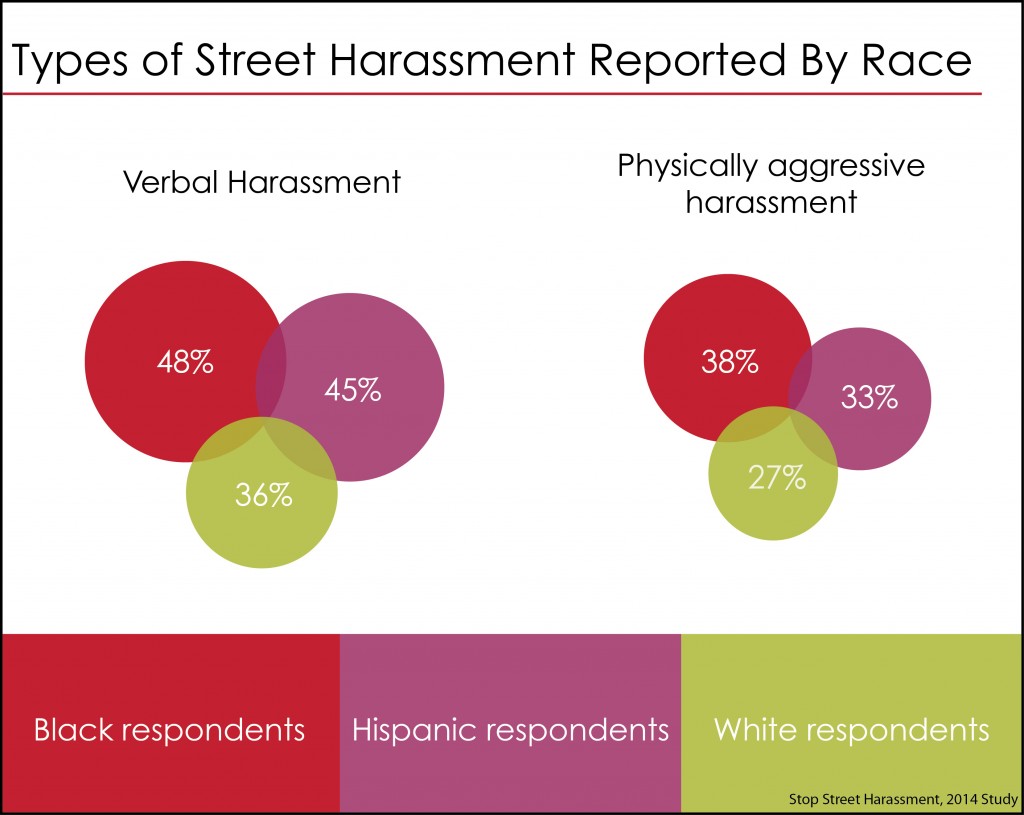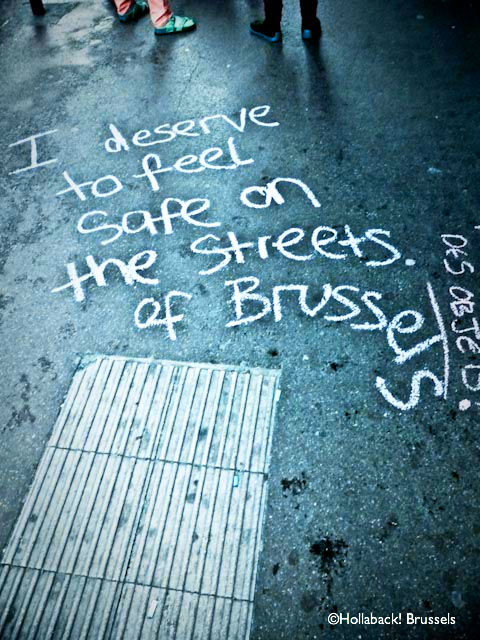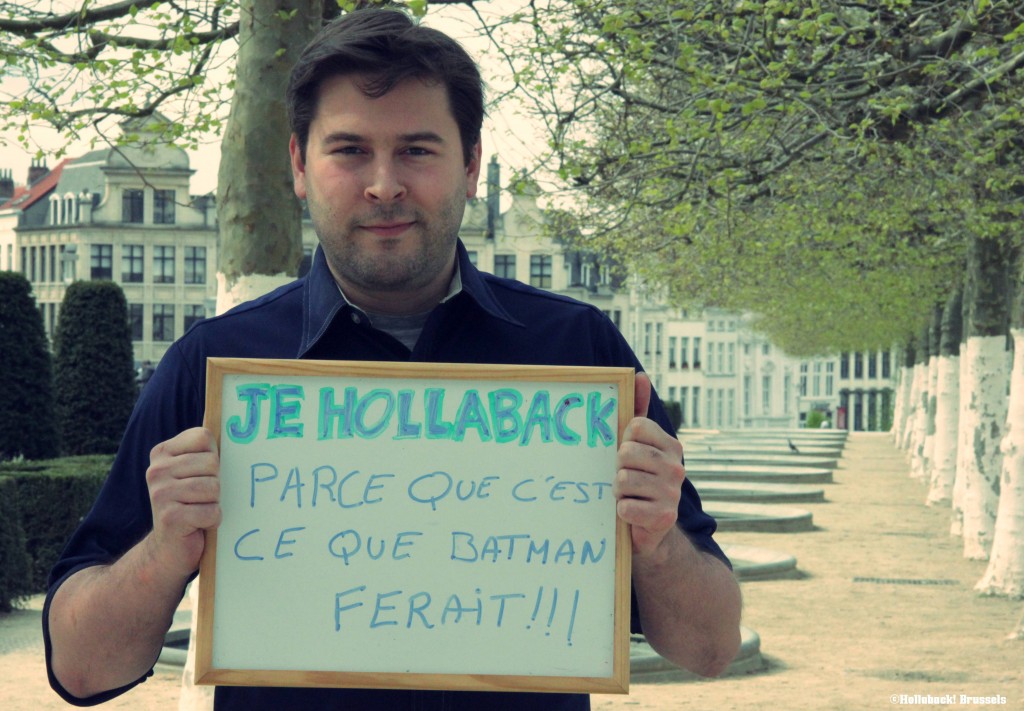As the daughter of a single working mother and father consumed with the highs and lows of owning a business, I was highly dependent upon public transportation while growing up. Needless to say, I have become all too familiar with the unwanted staring, suggestive comments, gestures, honking and whistling that come with traveling alone as a girl in the Maryland suburban outskirts of DC. My mother would constantly advise me to “ugly up” before going out in public; skip the makeup, trade the jeans for sweatpants, cover up as much skin as humanly possible, all to avoid attention from men of all ages and counteract what far too many people classify as a their “innate urges.”
The more I grow up, however, the more I realize that I am not unique in my experiences with people my mother classifies as “creepers,” and nor is she in her good intentioned advice. Cases as benign as staring and gesturing and as severe as rape have become increasingly frowned upon by society and censured by the media. The question of how to put an end to society’s age old rape culture has become more pressing as such news and statistics become more readily available to the public.
Many, like my mother, argue that women should dress more modestly to avoid unwanted attention and potential aggression in public. Rape culture and street harassment have become an everyday reality for women across the nation. As a result, many advise girls from a young age to take steps to avoid the unwanted attention and potential abuse.
This perspective, however, fails to solve the true cause of the problem. By telling our daughters and younger sisters to dress decently to avoid unwanted attention and potential abuse, we accept rape and the degradation of women as a norm, and thereby, perpetuate rape culture rather than move toward ending it. Telling girls to take active measures to avoid rape is inadequate and counterintuitive solution to a problem that women have faced for centuries and by doing so, we are moving away from progress and clinging to the patriarchal values that activists have worked so hard overcome.
It is the duty of the free and modern world to promote not only proactive counter measures against abuse in our girls, but also instill self-control in boys and nurture the idea of respecting for women from the beginning. We must continue to deny the idea that men cannot control themselves in the presence of a woman; we must castigate all those who continue to hold these parochial beliefs in the twenty first century, because they are the reason women’s rights continue to be an unresolved issue; and we must no longer make excuses for their behavior by saying ‘well, boys will be boys’ because by doing so, society is accomplishing nothing but allowing their behavior to continue.
If I ever have a son, I will instill in him respect for women from a young age and stop the cycle of excuse-making and victim-blaming. If I ever have a daughter, I will most likely take a different approach than the one my mother did; I will clearly explain the realities of society and the fact that dressing provocatively can bring about unwanted attention, but I will never force her to conform by suggesting that she dress in a certain way for men. Hopefully, by the time I have a son or daughter, though, sexual violence will be less of an issue than it was while I was growing up.
– Shiran Zecharya
Share your street harassment story for the blog.
See the book 50 Stories about Stopping Street Harassers for more ideas



